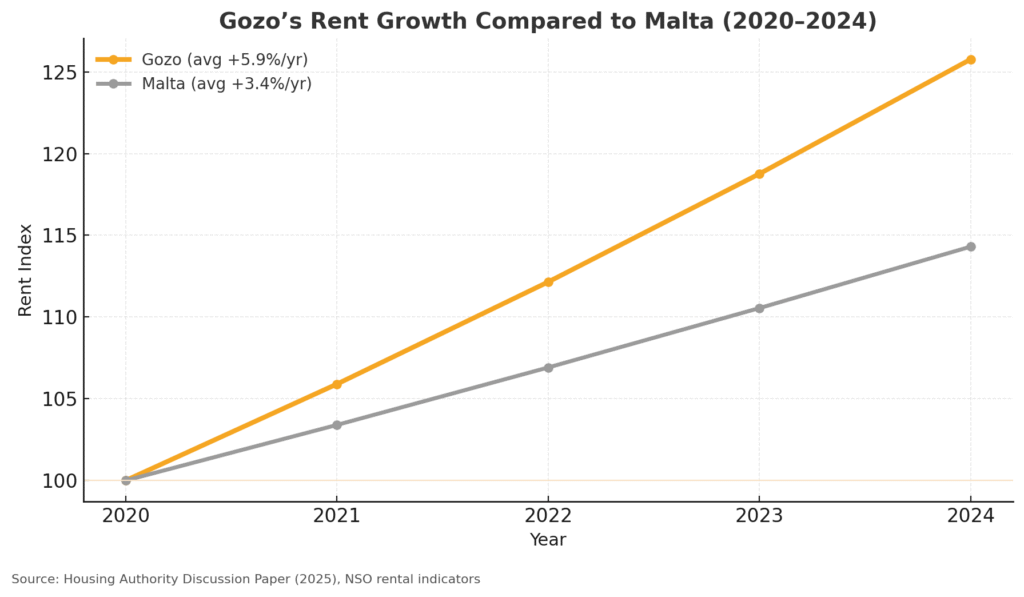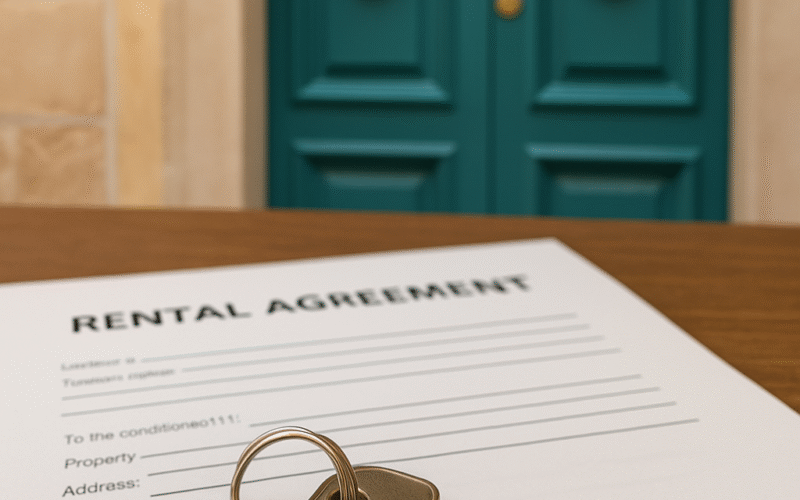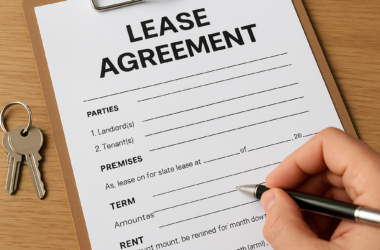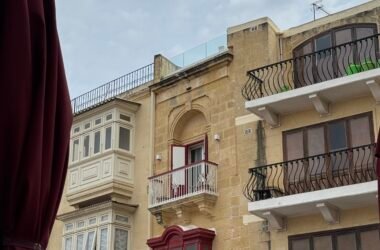Renting in Malta (and Gozo) has transformed dramatically over the past few years. With rising demand, clearer regulations, and a growing expat population, renting has become both more accessible and more competitive.
Gozo, once known as the peaceful and affordable escape, is now catching up. According to the Wohnungsamt, Gozo’s average rents have grown by 5.9% per year since 2020 — faster than Malta’s 3.4% annual increase. Still, Gozo remains roughly 30–50% cheaper than Malta’s coastal zones such as Sliema or Gżira, making it a strong option for families and remote professionals seeking space and calm.
Gozo’s Rent Growth Compared to Malta.
Gozo’s rental prices are catching up to Malta’s as the island gains popularity among digital nomads, remote professionals, and families seeking quieter living.
While Malta’s market remains larger and more stable, Gozo’s faster pace of growth signals stronger demand for long-term accommodation and a gradually shrinking affordability gap.

Data – Gozo rent growth vs Malta
Average Rent Levels
Before comparing specific figures, it’s useful to understand how rental pricing structures worke when renting in Malta and Gozo today. Each island has its own market rhythm, shaped by the types of properties available and the demand coming from residents, expats, and remote workers. Gozo generally offers more traditional homes and long-let options, while Malta has a wider supply of new-build apartments and higher-density rental zones.
The table below provides a clear, data-based overview of what new tenants can realistically expect when entering either market.
| Metric | Gozo | Malta (Main Island) |
|---|---|---|
| Contracts under €900 | 83% | 51% |
| Contracts above €1,000 | 9% | 40% |
| Typical 2–3BR range | €600–€900 | €1,000–€1,400 |
| Compared to Sliema | ~50% cheaper | N/A |
Source: Gozo Regional Authority & Housing Authority (2024)
Basics of How Malta’s Rental Law Works
All residential rentals are regulated under the Private Residential Leases Act (2020) and supervised by the Wohnungsamt.
Long-term leases must last at least one year. Even if written for less, they’re treated as a one-year contract by law. Early termination is allowed, but tenants must respect minimum occupation periods:
- 6 months (1-year lease)
- 9 months (2-year lease)
- 12 Monate (3-year or longer lease)
Rent can only increase once per yearmit einer Obergrenze von 5%.
If a landlord fails to give three months’ notice before the contract expires, the lease automatically renews for another year under the same terms.
Every rental contract must be registered on rentregistration.mt innerhalb 10 Tage of signing.
Maltas aktualisiertes Mietgesetz: 120 € Bußgeld für verspätete Mietvertragsanmeldung
If Your Landlord Doesn’t Return the Deposit
Deposit disputes are one of the most common issues tenants face, especially among expats. Under Maltese law, a landlord can only withhold the deposit for unpaid rent or proven damage beyond normal wear, not for vague “cleaning” or “repainting” claims. To protect yourself, make sure your lease is registered, take clear photos when moving in and moving out, and keep proof of payments. If the deposit is withheld without justification, you can submit a complaint to the Housing Authority’s Adjudicating Panel, which can order the landlord to refund it.
A Note for Third-Country Nationals (TCNs)
Im Rahmen der new Identità regulations, applicants for residence or permit renewal must provide an attested rental agreement, registered with the Housing Authority.
Unregistered leases are not accepted for residence renewals or address verification.
Before renewing your permit, make sure your contract is registered and valid, as Identità cross-checks lease details with Housing Authority records.
Housing Authority Support for Low-Income Families
Die Private Rent Housing Benefit Scheme assists low-income tenants by subsidising a portion of their rent.
Eligibility depends on household income, family size, and registered lease status. Third-country nationals do not have right for this type of scheme, unless they hold long-term residence status (LTR). Approved tenants receive monthly payments directly to landlords, helping maintain rental stability.
Applications and guidelines are available on Website der Wohnungsbehörde.
The Agency Reality: How Rentals Actually Work
In Malta and Gozo, real estate agencies dominate the rental market. Direct deals with owners are rare, as agencies manage most listings and registration procedures.
Die standard commission is 50% of one month’s rent plus 18% VAT, paid by both the tenant and landlord. For example, if rent is €1,000, expect to pay around €590 in agency fees.
Leading agencies include:
- REMAX Malta
- Frank Salt Real Estate:
- Century 21
- QuickLets
- Alliance Real Estate
While agencies add cost, they often simplify the process, such as assisting with Housing Authority registration, utility setup, and verifying that leases are legally compliant.
Before You Sign
- Bestätigen Sie Ihre contract is registered with the Housing Authority.
- Ask for the MPRN/ARMS number to ensure you’re billed at residential utility rates.
- Keep copies of receipts and contracts for permit renewals and tax compliance.
- Always clarify agency fees and VAT inclusion before paying deposits.
Abschließende Überlegungen
Renting in Malta and Gozo today means navigating a regulated, competitive, and agency-driven market.
The best way to avoid surprises is to verify your lease registration, understand your legal rights, and confirm your agent’s commission upfront.
Whether you’re a Maltese resident, expat, or TCN, a properly registered lease ensures compliance, peace of mind, and, in some cases, access to state support if your circumstances change.
If you had a different experience while renting in Malta or Gozo, faced an issue, or want to share advice with others, feel free to leave your comments or questions. Your insights can hep other tenants make more informed decisions and avoid common mistakes.








